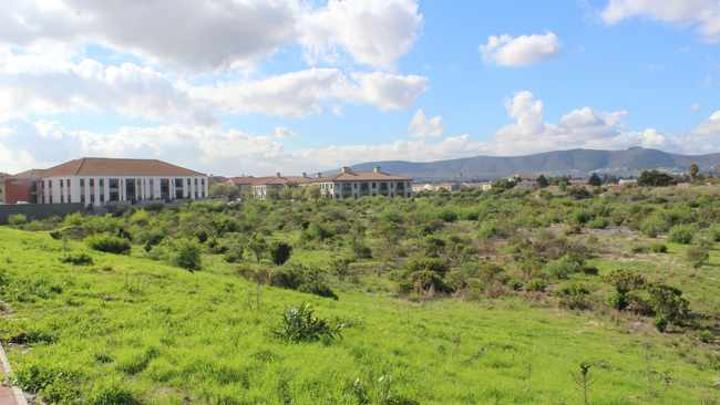Africa-Press – South-Africa. Cape Town – The City of Cape Town is set to auction off over 40 parcels of land through a competitive online bidding process.
The High St Auction Company has been appointed to facilitate the virtual public sale of land, which the City said was not required for municipal purposes.
There are 45 lots with some having more than one property on them, on the auction list in both residential and commercial areas.
Interested bidders must register and bid online when the platform goes live on June 30 (See here).
Mayco member for Economic Opportunities and Asset Management, James Vos, said: “By releasing land not required for municipal purposes, albeit commercial, industrial, and or residential sites, we empower the individual to bid for such land in an equitable manner.”
A number of community use zoned sites are included with non-profit organisations able to bid for such properties to be used for social and community use, said Vos.
Joff van Reenen, Director and Lead Auctioneer of High Street Auctions, says every lot released for the City of Cape Town’s 2021 inaugural virtual land auction comprises vacant erfs located across the city from Atlantis to Brackenfell, Mitchell’s Plain to Macassar.
“The virtual auction commencing at noon sharp on Wednesday, 30 June 2021, is the first in a series of land sales High Street Auctions will be conducting on behalf of the City of Cape Town in the months to come, and buyer interest is already far exceeding expectations.
“Registrations for the sale are flooding in for properties across the spectrum. All bidder registrations are currently from within South Africa, with the bulk originating in Cape Town.”
Van Reenen says from a commercial perspective, most buyers are focused on Century City, the development sites released in Cape Town’s northern suburbs and the various industrial sites in the Atlantis Special Economic Zone (ASEZ), predicted by Wesgro to attract investment exceeding R3.5 billion over the next two decades.
“The City is releasing nine industrial land parcels in Atlantis, where developers are being incentivised at all levels of government to invest in infrastructure growth and job creation in a region that has already been earmarked as an epicentre of green tech activity.
“These development sites vary in size to suit business ventures big and small, and being within an SEZ means processes to facilitate establishing new ventures within the area are already streamlined.”
Van Reenen says the commercial lot drawing the most national interest from corporates, though, is one of the last and largest office development sites within the Century City lifestyle precinct.
“High Street Auctions is expecting a bidding war on the Century City lot, because we won’t see another site like this come onto the market again.”
Development Action Group programme manager Helen Rourke, however, expressed concern with the City’s disposal of land to the highest bidder.
“I got really nervous about the way in which the City disposes of land, goes to the highest value – all about achieving the highest economic return.”
Rourke said the social value of the land should’ve been assessed for its potential for integrating neighbourhoods, and would entail public engagement on increasing the social function of the land such as for affordable and social housing, neighbourhood transformation and redress.
“There’s an assumption that they don’t need the land, but to what extent has the City gone to assess the potential for these parcels of land to drive neighbourhood transformation?”
Nfiduna Ukwazi head of research and advocacy Michael Clark said the sales of the properties were indicative of an unco-ordinated, ad hoc approach to public land management by the City.
“While we accept that not every parcel of land will be suitable for affordable housing, what is critical is that access to land, particularly public land, is at the heart of restructuring society.
“The City should not dispose of land without a considered and transparent justification for why public land cannot be used to advance broader societal functions. It is not sufficient for the City to simply state that public land has become ‘surplus’.”
[email protected]
Cape Argus






